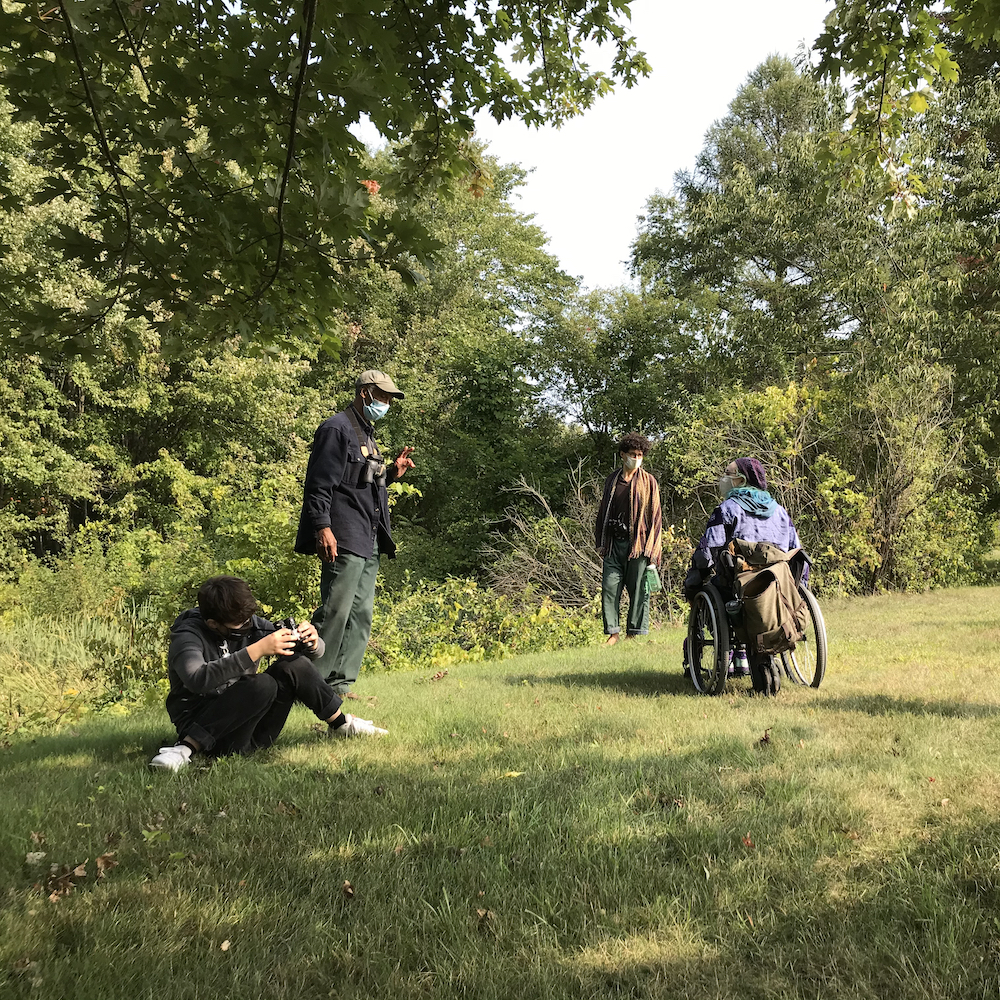The challenge of creating a just and sustainable future in the face of climate change is arguably the greatest challenge yet to face humankind. Why haven’t we as individuals or governments or societies begun to act as if our very lives and cultures are threatened by climate change? Countries across the world were able to enact rapid and massive behavioral change when faced with COVID-19, but have failed to do so when faced with climate change. A few of the pertinent questions this seminar will seek to address are what are the ongoing and growing concerns associated with climate change and how can we take meaningful, positive action to address them? What are the implications of environmental and climate change in relationship to privilege, accessibility, and race? And how does one live a sustainable life in an ever-changing world?
In this seminar, we will brainstorm potential solutions to current local and global environmental and related social problems. Co-taught by an interdisciplinary team of faculty and staff, the seminar will include guest lectures from experts across a breadth of areas related to climate change, environmental justice, and sustainability. The course will be divided into modules focused on specific problems and potential solutions, such as why humans are so resistant to changing our habits, and how massive societal change can be motivated; how we can learn to communicate around hard topics and differing beliefs; how ecopoetics and ecocriticism can engage not only climate justice but racial justice as well; how applied design can help us create accessible tools; and how other animals are responding to climate change and biodiversity loss. Modes of working will include brainstorming, hands-on design and fabrication work, reading, researching, communication, dialogue, and restorative practices. We will tour two local sustainable sites: the RW Kern Center, our campus’ Living Building, and Astarte Farm, a local farm that practices regenerative agriculture and “no-till” farming for soil health and carbon sequestration.


